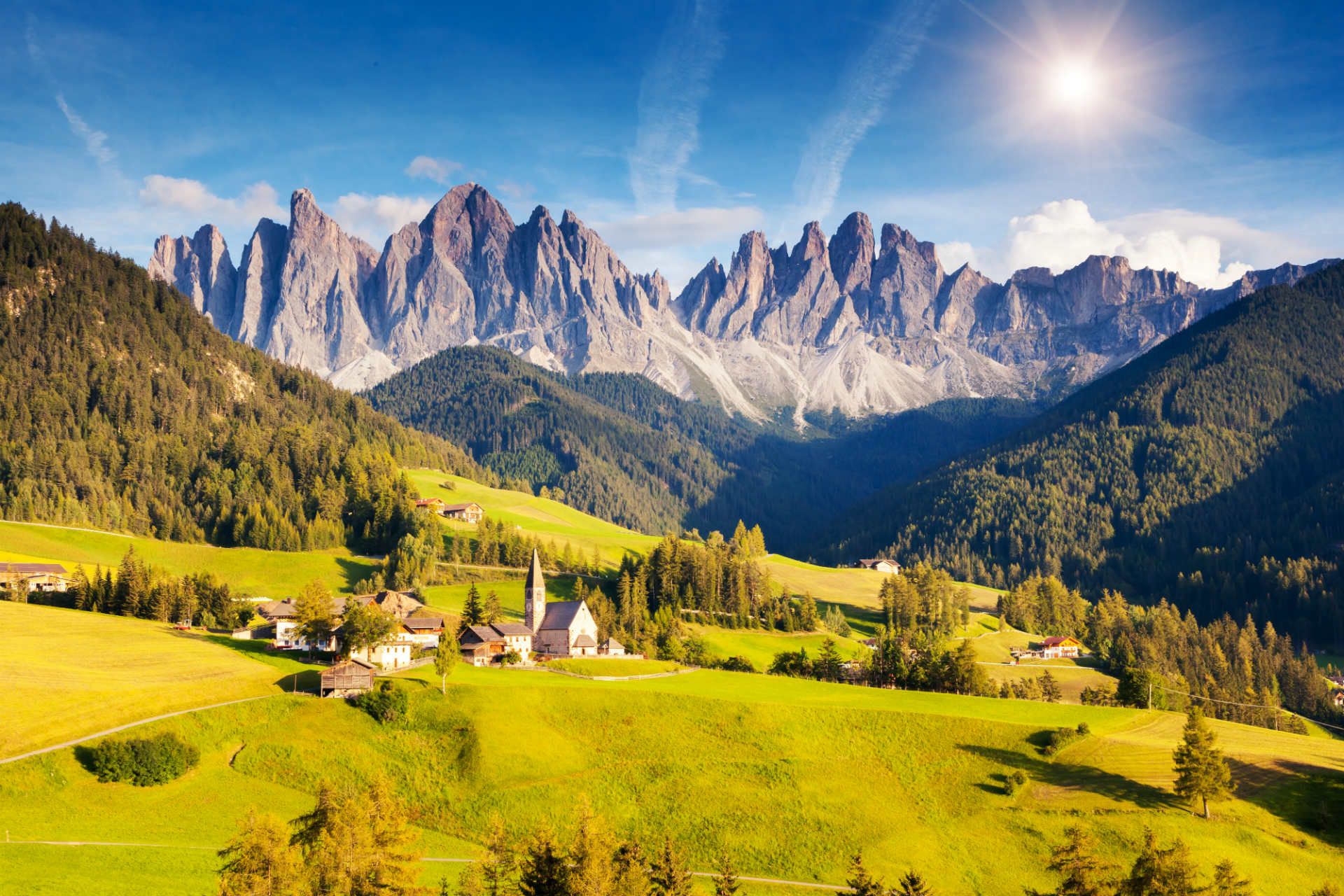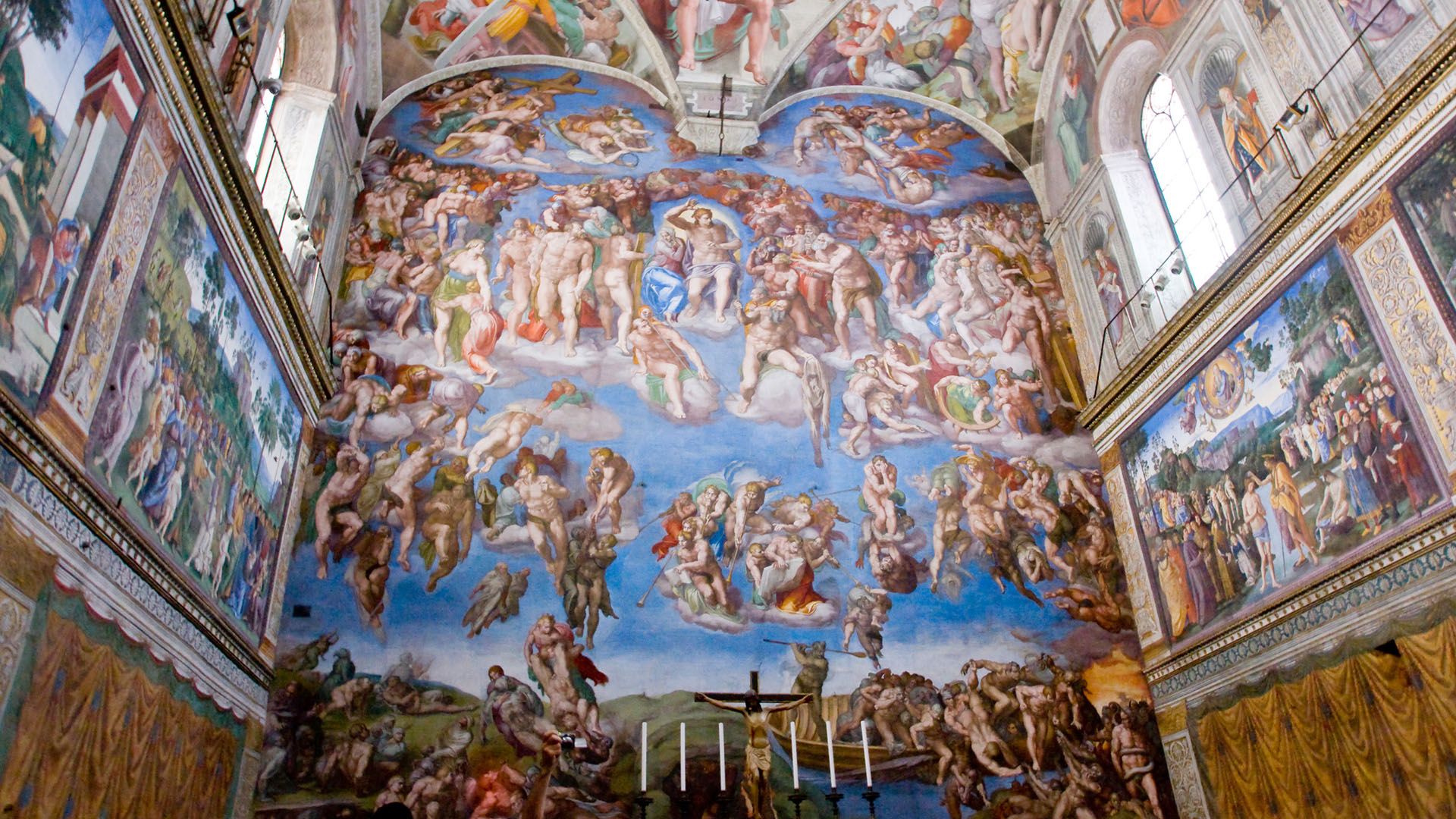- Activity
- Highlights
- Europe
- Tuscany
- Naples
- Venice
- Florence
- Milan
- Rome
- Sicily
- Padua
- Inspiration
- See & Do
- Italy
Planning your own trip? Prepare for your trip
Use Rough Guides' trusted partners for great rates
Travel advice for Italy
From travel safety to visa requirements, discover the best tips for visiting Italy
- How to plan a trip to Italy on your own
- Getting around Italy: Transportation Tips
- Shopping tips for Italy
- Italy travel tips: everything you need to know before you go
- Best time to visit Italy
- The Perfect One Week in Italy Itinerary
- The best 10-day Italy itinerary
- 14 days (two weeks) in Italy Itinerary
- How to get from Rome to Florence
- Sports and Outdoor activities in Italy
- How to get to Italy
- Eating and drinking in Italy
- Travel health in Italy
- History of Italy



























